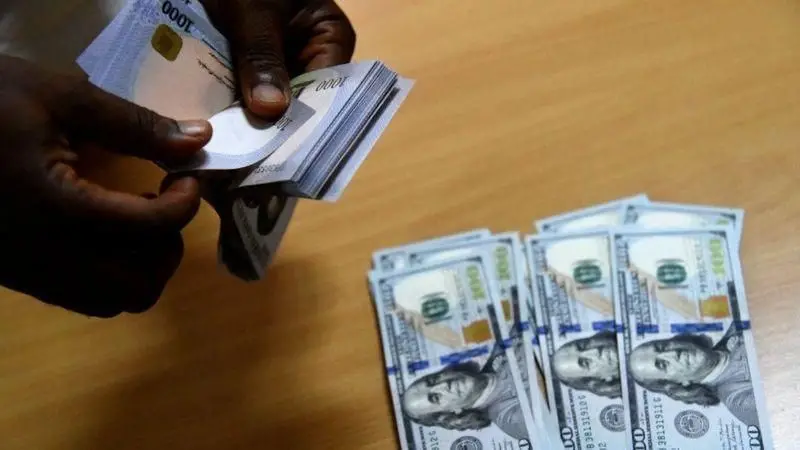The Central Bank of Nigeria (CBN) injected $669 million into the foreign exchange market in the first quarter of 2025 in an effort to stabilise the naira.
Despite this substantial intervention, the naira continued its downward trajectory, depreciating by nearly 3% in March alone.
A report from investment firm AIICO Capital Limited, released on Sunday, revealed that despite the central bank’s efforts, the naira weakened further, closing March at ₦1,536.82/$ compared to ₦1,492.49/$ at the start of the month, representing a 2.97% drop.
This decline occurred amid strong demand for dollars, particularly from foreign investors and corporations, which outpaced the available supply.
In a sign of growing tension in the foreign exchange market, the nation’s external reserves, which had peaked at a three-year high of $43 billion, began to dwindle.
The reserves fell as a result of debt service payments and sustained foreign exchange interventions, the report stated.
Despite these pressures, the CBN continued to intervene, instructing licensed currency traders or Bureau de Change (BDC) operators to purchase $25,000 from authorised dealers at the official rate.
However, demand for forex remained high, and the parallel market mirrored this trend, with the naira trading at ₦1,536/$ on March 31, 2025.
CBN pumps an extra $197m into FX market
In a related move, on April 4, 2025, the apex bank injected an additional $197.7 million into the foreign exchange market.
This step came after the United States imposed sweeping tariffs on all its trade partners, a move that saw the import levy on Nigerian goods climb to 14%, further intensifying pressure on the naira.
In a statement issued on Saturday, the CBN’s Director of Financial Markets, Omolara Duke, stated, “These developments were as a result of the recent announcement of new import tariffs by the United States government on imports from several economies, which has triggered a period of adjustment across global markets.”
“The CBN facilitated market activity on Friday, April 4, 2025, with the provision of US$197.71 million through sales to Authorized Dealers,” she added.
Despite this intervention, the naira closed at ₦1,600/$ on Friday, marking a 1.9% depreciation from the previous day, and reflecting ongoing volatility in both global and local markets.







